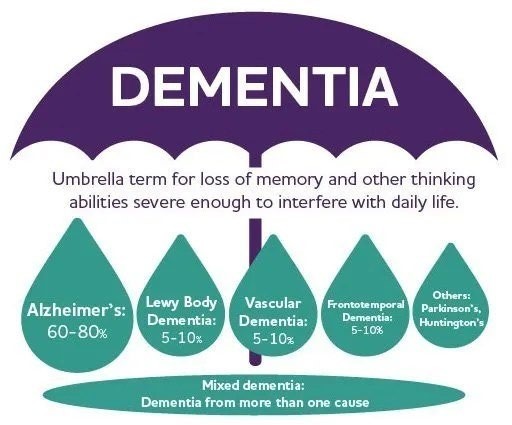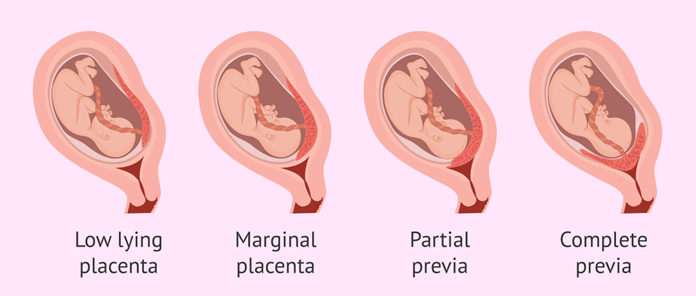An older client is admitted to the psychiatric unit for assessment of a recent onset of dementia. The practical nurse (PN) notes that in the evening this client often becomes restless, confused, and agitated. Which intervention should the PN implement?
Delay administration of nighttime medications until after visitors have left.
Administer a prescribed PRN benzodiazepine at the onset of a confused state.
Make certain that the client's assigned room is close to the nurses' station.
Ask family members about how they dealt with the client in the evening.
The Correct Answer is C
Restlessness, confusion, and agitation are common symptoms of dementia, particularly in the evening, a phenomenon known as sundowning. Therefore, the PN should implement interventions that can help to prevent or minimize these symptoms. Assigning the client to a room close to the nurses' station can help to provide constant observation and reassurance and can help to prevent the client from wandering or becoming disoriented.
A. Delaying administration of nighttime medications until after visitors have left may be appropriate, but it is not the first intervention to be implemented in this scenario.
B. Administering a prescribed PRN benzodiazepine at the onset of a confused state may be appropriate in some cases, but it should not be the first intervention to be implemented in this scenario.
D. Asking family members about how they dealt with the client in the evening may be helpful, but it is not the first intervention to be implemented in this scenario.

Nursing Test Bank
Naxlex Comprehensive Predictor Exams
Related Questions
Correct Answer is B
Explanation
If the client in active labor expresses a desire to empty her bladder and her vaginal exam is unchanged, the practical nurse (PN) should assist her up to the bathroom. An empty bladder can help facilitate labor progress.
Reviewing the fetal heart rate pattern (A) is important, but it is not the most appropriate action in response to the client's request to empty her bladder. Checking the perineum for changes in "show" or discharge (C) is also important, but it is not the most appropriate action in this situation. Obtaining a straight catheter kit to empty the client's bladder (D) may be necessary if she is unable to empty her bladder on her own, but assisting her up to the bathroom should be attempted first.
Correct Answer is B
Explanation
Placenta previa is a condition in which the placenta partially or completely covers the cervix, which can lead to vaginal bleeding during pregnancy. In severe cases, this bleeding can be life-threatening and can lead to hemorrhage. Therefore, the PN should closely monitor the client for any signs of bleeding or hemorrhage, such as excessive vaginal bleeding, hypotension, tachycardia, or signs of shock. The PN should also ensure that the client receives appropriate medical interventions and that emergency measures are in place in case of sudden bleeding or hemorrhage.

Whether you are a student looking to ace your exams or a practicing nurse seeking to enhance your expertise , our nursing education contents will empower you with the confidence and competence to make a difference in the lives of patients and become a respected leader in the healthcare field.
Visit Naxlex, invest in your future and unlock endless possibilities with our unparalleled nursing education contents today
Report Wrong Answer on the Current Question
Do you disagree with the answer? If yes, what is your expected answer? Explain.
Kindly be descriptive with the issue you are facing.
